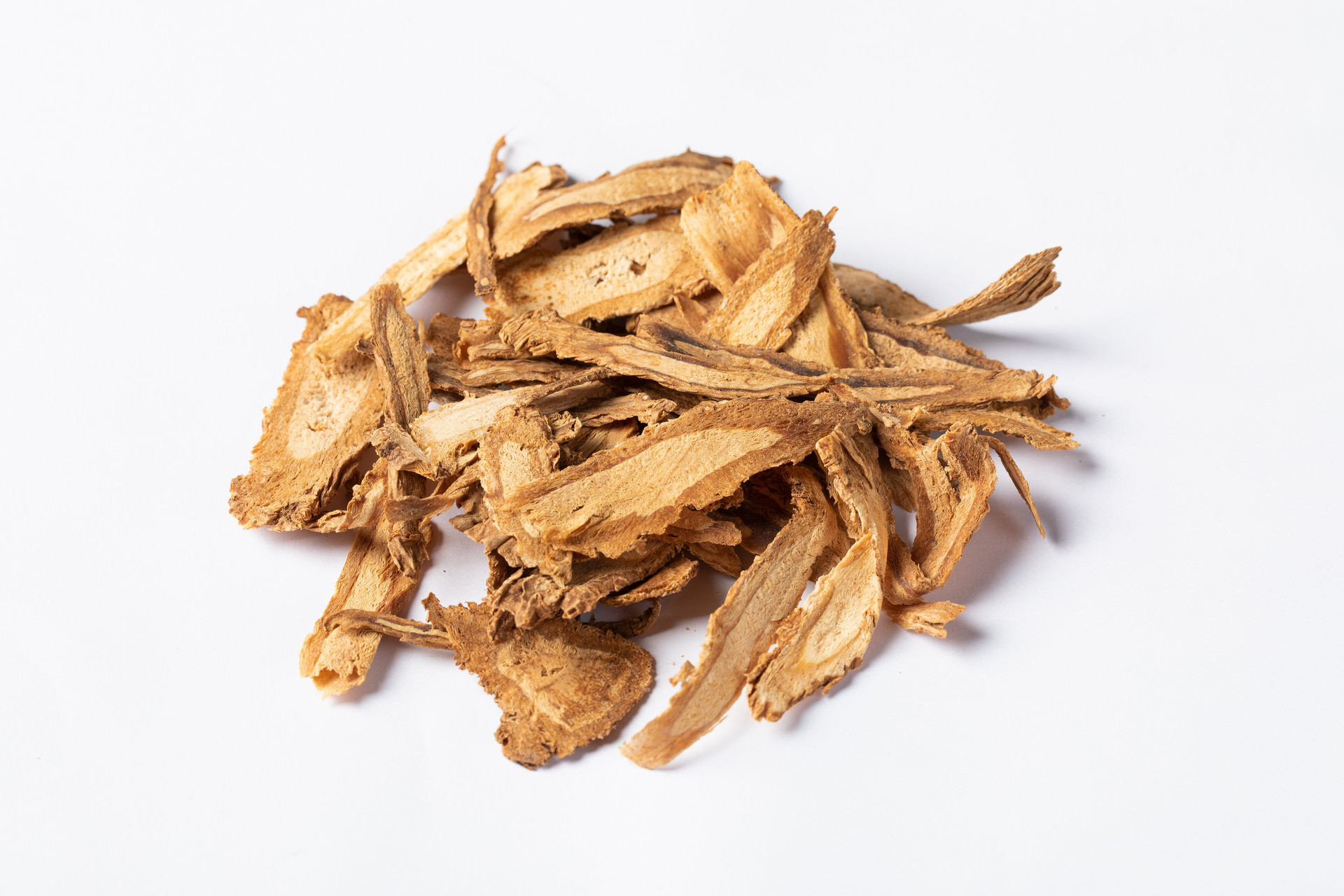Soy milk is a popular beverage that many people include in their breakfast recipes. It is rich in nutrients, including plant protein, vitamins, phospholipids, niacin, iron, calcium, and other minerals, which are beneficial for human health. It also has certain therapeutic and beauty effects. However, for those who are concerned about their appearance, they may wonder if drinking soy milk at night will cause weight gain.
Generally speaking, drinking soy milk at night in the correct and scientific manner will not only avoid weight gain but may even have certain weight loss effects. This is because soy milk is high in fiber and protein but low in calories and fat. As long as it is consumed in moderation and the timing is controlled, it will not lead to obesity. It is best to drink soy milk two hours before bedtime so that the nutrients can be fully absorbed by the body. If the nutrients accumulate in the body, it can easily lead to fat accumulation. In addition, it is recommended not to add sugar to soy milk at night to avoid increasing the calorie content and causing obesity.
Why does drinking soy milk at night help with weight loss? From the moment soy milk is consumed to when it is digested and absorbed by the body, the nutrients it contains continuously help burn fat. Soy milk is usually made from soybeans that contain rich and high-quality plant protein. In addition to soy protein, soybeans also contain a large amount of soy isoflavones, soy saponins, and other components, which can effectively inhibit the absorption of lipids and sugars in the body, thus promoting fat burning.
What are the benefits of drinking soy milk at night?
1. Prevention and treatment of bronchitis: Soy milk contains a substance called methionine, which can prevent smooth muscle spasms in the bronchus and help reduce and alleviate bronchitis attacks.
2. Prevention and treatment of hypertension: Sodium is the main cause of hypertension. Soy milk contains phytosterols, potassium, and magnesium, which can effectively control the production of sodium in the body, thus preventing and assisting in the treatment of hypertension.
3. Brain protection: Soy milk is rich in magnesium, calcium, and other elements. Drinking a moderate amount of soy milk at night can significantly reduce blood lipids, improve cerebral blood flow, and effectively prevent cerebral infarction, cerebral hemorrhage, and other conditions. In addition, lecithin in soy milk can help reduce brain cell degeneration and improve brain function.
How to drink soy milk in a healthier way?
1. Pair soy milk with starchy foods for maximum nutrition: If soy milk is consumed on an empty stomach, the protein will be converted into heat and consumed by the body, which is not ideal. When drinking soy milk, it is recommended to eat some bread, steamed buns, or other starchy foods. The protein in soy milk will undergo enzymatic hydrolysis in the presence of starch and gastric juice, which is more beneficial for the absorption of nutrients by the body.
2. Do not drink raw soy milk: Soy milk must be boiled for at least ten minutes before consumption. The foam that appears when heating raw soy milk does not indicate that it has been boiled. It is a result of the expansion of organic substances in soy milk due to heat, and uncooked soy milk contains toxic substances that can disrupt protein metabolism and cause gastrointestinal irritation, leading to poisoning symptoms.
3. Adding eggs to soy milk is not nutritious: Many people believe that adding an egg to soy milk makes it more nutritious. However, this is not a scientifically recommended practice. Once the mucinous protein in the egg combines with the trypsin in soy milk, it produces a substance that is not easily absorbed by the body, which can reduce the absorption of nutrients from soy milk itself.
4. Mixing soy milk with brown sugar destroys nutrition: Although mixing soy milk with brown sugar creates a sweet and fragrant taste, the combination of organic acids in brown sugar and proteins in soy milk can easily form denatured precipitates, which can damage the nutritional components of soy milk.












